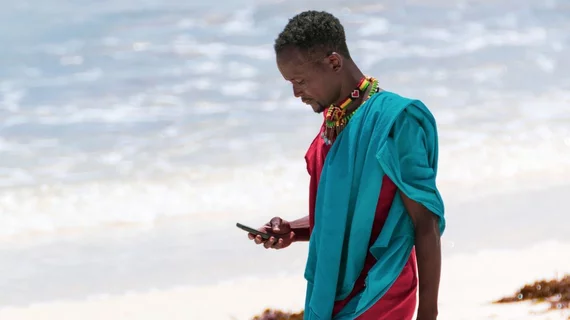Healthcare AI isn’t yet good enough to reliably deliver on its promises where it stands to make the biggest difference—and it doesn’t have enough high-quality data to get there anytime soon.
The promises getting called into question include speeding up drug development, personalizing medicine based on genomes and making basic diagnoses in regions of the world that lack doctors. Those doing the questioning include Dr. Soumya Swaminathan, chief scientist of the World Health Organization.
“Health data is a public good, but people have to trust the WHO and governments that it won’t be used for commercial reasons without their consent or to discriminate against people,” Swaminathan says, according to a BBC News item posted June 28.
Swaminathan additionally warns of the risk for insufficiently fed and tested algorithms to find their way into smartphone apps, potentially doing more harm than good.
That risk may be greatest in regions of the world with plenty of smartphones but a dearth of doctors, she suggests.
Meanwhile, BBC reporter Matthew Wall points out, people around the world are reluctant to share their data even anonymously, making it hard to marshal the massive datasets needed to develop independently able algorithms and test them in clinical trials.
“[T]o maximize the undoubted benefits of AI in healthcare,” Wall writes, “we need to digitize as much health data as possible and persuade the world to share this data for the good of all.”
Read the whole thing:

